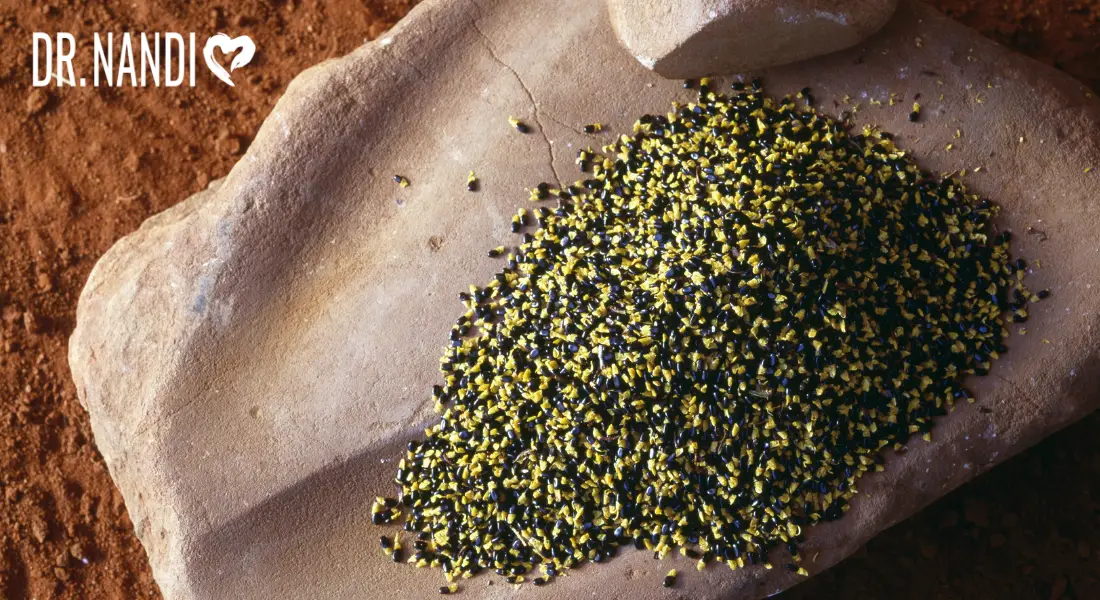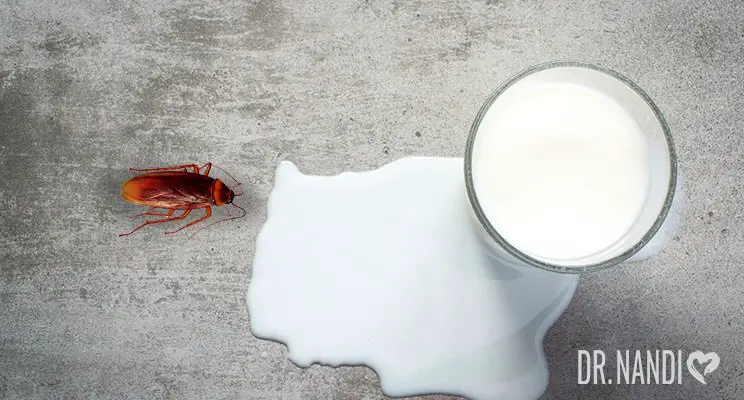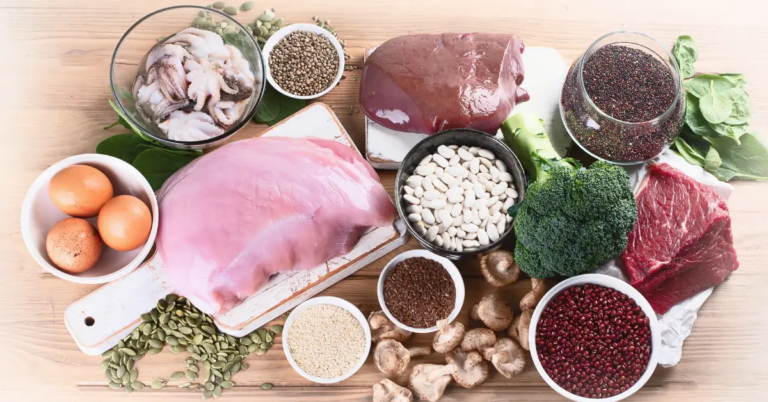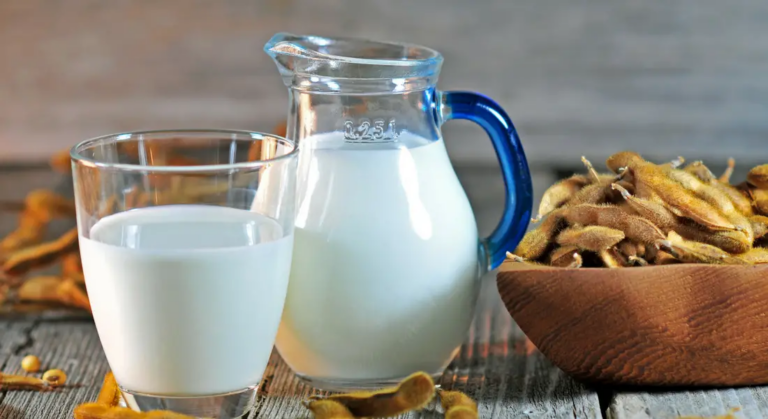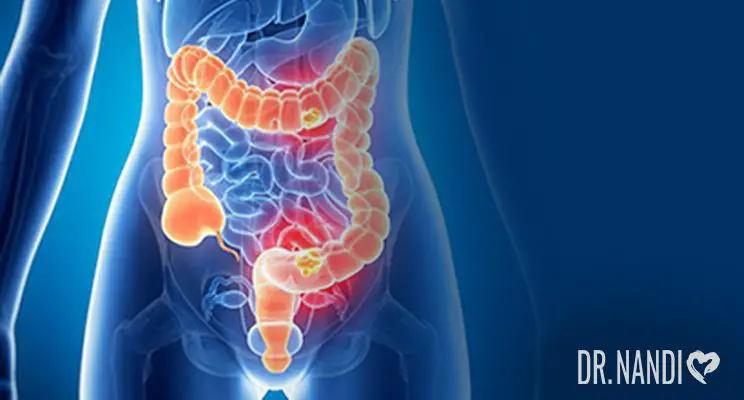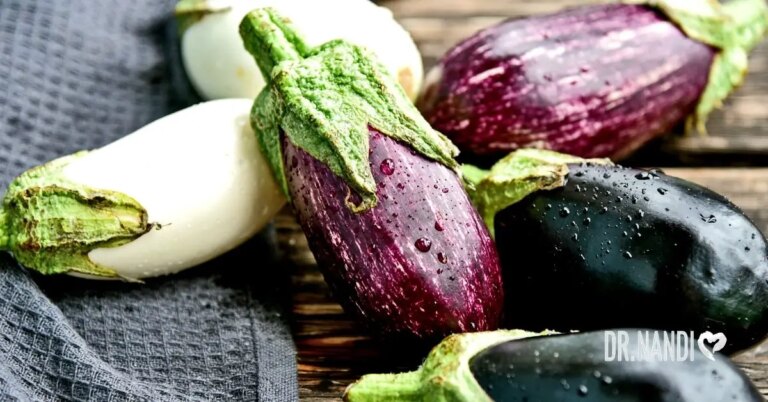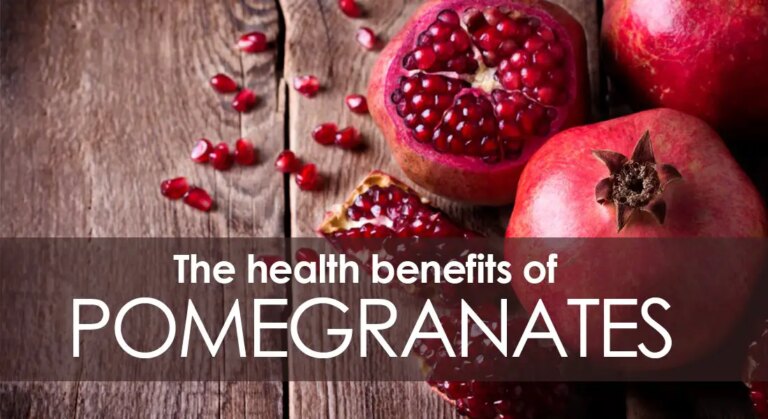Mustard is a cruciferous vegetable. It is a member of the Brassica family, just like cabbage and broccoli. Native to the temperate areas of Europe, mustard was one of the earliest grown crops in the area. Mustard was even popular amongst the ancient Greeks and Romans.
Today, mustard is widely used as a condiment or as a food ingredient. It is also used in many cuisines as a flavor enhancer. But did you know that mustard seeds offer plenty of health benefits too?
Here are some health benefits of mustard seeds:
Mustard Seed is High in B-complex Vitamins
The seeds are a great source of folates, niacin, thiamin, riboflavin, and other B complex vitamins. These vitamins are essential because the body requires them from external sources to replenish. These B-complex groups of vitamins help in enzyme synthesis, nervous system function, and regulating body metabolism.
Mustard Seed Provides Daily Vitamin E Requirements
Vitamin E found in mustard seeds is also good for you. It contains more than 130 percent of the recommended daily allowance. Vitamin E is a powerful antioxidant that protects mucosa and skin cell membranes from oxygen-free radicals, which can cause them to break down. There is a good reason why this helps keep these membranes strong.
Mustard Seed is a Great Source of Minerals
Mustard seeds contain selenium, zinc, copper, iron, and other necessary minerals for good health. Adding mustard seeds is a great way to add more minerals for a healthy body.
Mustard Seed Can Aid Sleep
The magnesium found in mustard seeds has been known to help with sleeping. This mineral is linked to improving sleep quality, duration, and tranquility. Mustards are known to regulate metabolism and can help reduce sleep disorders and the occurrence of insomnia.
Mustard Seed Promotes Healthy Skin and Hair
Mustard seeds have an antibacterial property that has effectively cured ringworm lesions. Applying mustard seeds to clean skin can help soothe symptoms of ringworm. The oil found in the seeds contains vitamin A, vitamin E, omega-3 fatty acids, and other nutrients necessary for stimulating the growth of strong and healthy hair.
Types of Mustard Seeds
Yellow Mustard Seed, Regular
Yellow mustard seeds are typically used in European and American cooking. It is the sort that may be found in many pickling and canning recipes and corned beef or boiled vegetables. You may also use freshly ground yellow mustard to make your mustard.
Brown mustard seeds
Brassica Juncea, also known as brown mustard seeds, is a plant that grows in India, China, and Africa. These aromatic seeds are preferred over yellow in many Indian and African dishes since to their heat. It is also used in many European dishes, such as pickles and pasta sauces. Additionally, brown mustard seeds are a worldwide variety frequently replaced with black mustard seeds, which are more challenging to come by.
White Mustard Seeds
White mustard seeds are the mildest form of mustard and have a nutty flavor. They are popular in Indian cooking and are used to make mustard oil. White mustard is also found in many European delicatessen recipes, such as potato salad or coleslaw.
Black mustard seeds
Black mustard seeds are tiny, strong-flavored seeds most often found in Indian cuisine. Those are the most intense of all mustard seeds. The little dark brown seeds have a somewhat reddish hue to them.
Black mustard seeds are a well-known spice in Indian dals, vegan meals, and other cuisines. Mustard seeds are also offered in black or yellow seeds, as well as mustard powder.
Frequently Asked Questions
Are mustard seeds safe for pregnant women?
Black mustard contains chemicals that might start your menstrual period and cause a miscarriage. It’s been suggested to avoid using black mustard if you are breastfeeding.
How long can you store mustard seeds?
The precise answer depends mainly on storage conditions – to maximize the shelf life of mustard seeds, store them in a cool, dark cupboard, away from direct heat or sunlight.
How do you tell if the mustard seeds are still good?
Crush a seed between your fingers, then taste and smell it. If it has a weak aroma and lacks flavor, the mustard seed is old and should be thrown away.
Mustard Seed Side Effects?
The seeds may lower blood sugar levels if taken as a medicine. If you take medications to lower your blood sugar, the seeds may lower it too much. Too much black mustard seed can cause upset stomach, drowsiness, and difficulty breathing.
Which mustard is a stronger taste?
Black mustard seeds, by far, are the stronger and more potent seeds. Yellow mustard has a more mellow taste.
Discover different ways how you can include mustard seed in your daily diet. Get a FREE copy of my Superfood Cookbook.



